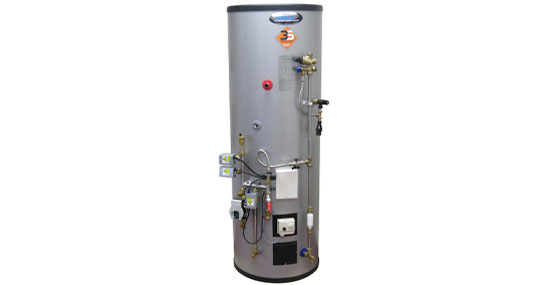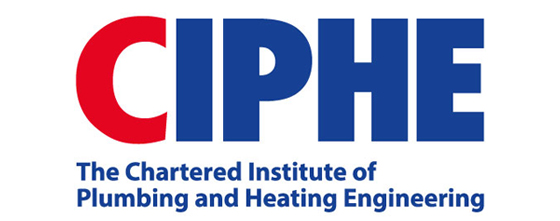Stainless steel heat transfer product manufacturer Fabdec is introducing a pre-plumb version of its pioneering WXI range of unvented water heaters.
The pre-plumb version is aimed primarily at the residential sector, allowing for a simple and fast installation, even in enclosed spaces.
The launch marks a further step in Fabdec’s commitment to simplifying the installation process and follows a partnership with the Chartered Institute of Plumbing & Heating Engineers to utilise virtual reality models of the inner workings of Fabdec products to streamline installer training.
Fabdec launched the WXI in 2015 as the world’s first self-sustaining unvented heater, using its patented 3S Technology to circumvent the need for an external vessel or floating baffle. Fabdec unveiled the new 3S Pre-Plumb range at the PHEX Manchester show in October and it is now available to purchase.
Stuart Doggrell, Fabdec general manager for water heating, said: “The WXI range offers a wealth of benefits to installers, developers and specifiers, and the pre-plumb version takes it an extra step further in terms of ease of installation. Since launching the WXI sales have been strong across a range of sectors, with water heaters installed at developments including refurbished apartments, social housing estates, leisure centres and offices. Using 3S Technology, the vessel requires absolutely minimal maintenance, and this is proving particularly popular with social and private landlords. Add in the negligible heat loss and ease of operation, and the WXI is an efficient and cost-friendly hot water solution.”
Fabdec has been a leader in stainless steel vessels for more than 50 years, producing and distributing high-quality water heaters from its design and manufacturing HQ in Ellesmere, Shropshire. Its patented 3S Technology is a unique self-sustaining internal expansion system that adopts a simple natural phenomenon based on the Venturi effect, a system in which atmospheric air is drawn into the system as water is demanded upstream. Because this occurs as per the hot water demand it does not deteriorate in performance over time.









